|
Great news! The celebration of Sunday Mass has resumed at three hospitals on the First Sunday of Advent in the City of Calgary. Patients, family members and friends, and hospital staff are now able to avail of this pastoral outreach in the following facilities:
0 Comments
May 18, 2022
Dear Sisters and Brothers in Christ, The great feast of Pentecost celebrates the outpouring of the Holy Spirit into the life of the Church through the Apostles, the disciples, and with Mary, the mother of our Lord, who were gathered in the upper room “constantly devoting themselves to prayer” (Acts 1:12-14). This gathering for worship is necessary for our identity as disciples of Christ. In March of 2020, the Bishops of Alberta and the Northwest Territories issued in their respective dioceses a dispensation from the Sunday Mass obligation to provide the faithful the freedom to choose and not be obligated to participate in large liturgical gatherings and thus to reduce the spread of COVID-19 during the time of the global pandemic. Now, at this stage where the necessity for health and safety restrictions has been relaxed, a return to in-person gatherings on Sundays as a worshipping community is necessary for our continued spiritual nourishment and growth. Therefore, the Bishops of Alberta and Northwest Territories in their respective dioceses will be lifting the dispensation on Pentecost Sunday, June 5, 2022. While acknowledging the continuing presence of COVID-19 in our midst, the decree restoring the Sunday obligation will continue to provide the exemption for those who are ill, vulnerable and those providing direct care for them, and those who cannot attend Mass because of frailty or old age. Our sacred duty to worship God on Sundays and Holy Days of Obligation orients our personal freedom to the worship and service of God. May the feast of Pentecost inspire us to constantly devote ourselves to prayer especially in the highest form of our worship of God in the celebration of the Sunday Eucharist. Sincerely yours in Christ, ✠ William T. McGrattan Bishop of Calgary
Even moments of stress can be holy. When complaining about getting the ladder up to put up Christmas lights in the cold, a student re-framed the situation to say at least you have a house and are healthy enough to climb up! By shifting our perspectives slightly, we were able to see ordinary encounters as holy moments. The impact of teaching and learning through the various waves of the COVID 19 pandemic has impacted everyone and affected us in different ways. We noticed in conversations that at times it was challenging to see the light along the journey. Even as faith-filled educators we had to cope with uncertainty and make sense of God’s intention for us. It is in times like these that our faith can really be our strength, if we look for it. At our school we started with a reflection on our daily encounters. Rather than simply overlooking a helpful gesture or beautiful sunrise, we wanted to absorb those moments. Those moments can be fleeting, yet so powerful. To transfer this to students, among several initiatives, we implemented a call to identify holy moments. One of the activities that we had students participate in was a “Holy Moments” chain. Students would add their moments to the chain which was connected and displayed in the hallways. 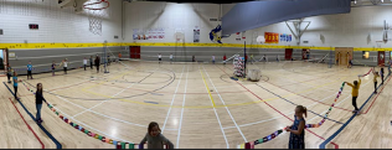 Students prepared the Holy Moments chain for display. Students prepared the Holy Moments chain for display. We found that by intentionally sharing holy moments, perspectives changed. The act of re-framing situations to see the blessings in our midst allowed us to see our call to be joyful people, who act with gratitude. However, joyful participation in the challenges of life isn’t always easy. By identifying holy moments, it has also affirmed the gift that we have in our Catholic school with faith in the Lord at all times. We walk with Jesus every day! It is a blessing to be able to journey through hard times together knowing that God calls us to lift one another up when we are down. When you stop and look for it, even on your hardest day there is a holy moment that will make you smile. The foundation of our school as a community of faithful has not been more relevant than it is today. We need to know that God is with us. It is up to us to actually pause and notice His presence in our lives. The only question left to ask is, what holy moments have you had today?
September 22, 2021 Dear Sisters and Brothers in Christ, The number of confirmed cases of COVID-19 being reported each day has significantly increased in our province. This brings to the forefront of our consciousness the need to safeguard the common good, and in charity to promote the safety of others by protecting our individual health and that of society. In some provinces, the sectors of healthcare, education and social services, public agencies and corporations have begun to announce mandatory vaccination as requirement for their employees and the public. This has resulted in the Diocese and the parishes receiving from members of the faithful the request for letters of exemption from the mandatory vaccination based on the grounds of religious belief. While the Diocese respects the freedom of a person’s individual conscience as the Church teaches, the Church and her ministers cannot objectively attest to or endorse a person’s process of discernment in coming to their decision of conscience. Therefore, the Diocese and the parishes will not be issuing any letters of exemption from vaccination. The clergy has been strongly encouraged instead to accompany and assist those requesting such letters to know and understand the teachings of the Church on vaccination during this pandemic through statements released by the Congregation for the Doctrine of the Faith, the Canadian Conference of Catholic Bishops (CCCB), and the pastoral letter provided by the Bishops of Alberta and the Northwest Territories. As stated by my brother Bishops and in communion with the Holy Father, it is morally permissible to receive a vaccine approved for use in Canada against COVID-19, and while there are many possible reasons for one to struggle in their conscience with such a vaccine being mandatory, the Diocese will not take the position or role of endorsing an individual’s conscience and decision. If vaccination will be mandated, there must also be on the part of legitimate authorities, the necessary provisions of reasonable accommodation which respects and promotes the dignity of the individual conscience and the decision of conscientious objection. However, those who choose not to be vaccinated for whatever reason must do their utmost to ensure that they take all precautionary measures possible to avoid places and circumstances where they and others would be most vulnerable. They must also follow the health and safety measures not only to prevent contracting the virus for themselves but also preventing others from becoming sick. This is everyone’s moral responsibility. Much prayer is needed in this time, in this polarized society, for those who have suffered so much and for those who continue to suffer from the reality of the pandemic. As Christians and people of goodwill, we must grow in our love and concern for others and use the gift of our freedom responsibly to help others especially those who are in most need. Sincerely yours in Christ, +William T. McGrattan Bishop of Calgary Javier Martinez had just removed his face shield and mask when a woman suddenly appeared in the room and approached him. The woman was a resident of the memory care wing of the seniors’ residence where Martinez was working. She was also positive for COVID-19. “It happened so fast and I remember thinking, ‘it’s highly probable that I’ve got COVID,’” recalls Martinez, a registered nurse and the father of five. He was right. Martinez is a clinical leader in the supportive living section at St. Marguerite Manor, a Covenant Care home in northwest Calgary. Two residents at that facility died in the second wave of the global pandemic declared in 2020. Martinez, however, was infected in Edmonton. He was there in November 2020 to provide support in a seniors’ care home hit much harder by the second wave of the pandemic. In addition to several deaths and widespread infection, many staff at that home were infected and unable to work. While his first test was negative, Martinez developed body aches and a headache soon after his return to Calgary. The nurse knew he had COVID-19 well before the second test yielded a positive result. By then, he and his wife Colette had already discussed what they would do to keep the family safe. They did what they could to keep their kids, ages 13 to three, away from their dad. Still, the oldest and youngest, two of their three daughters, were infected. Both children weathered the virus well. “We were fortunate,” says their dad. 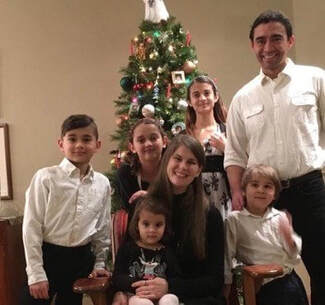 Javier and his family Javier and his family A culture of care More than a year after the pandemic began, vaccinations and the careful of use of PPE (personal protective equipment, like masks) have imbued Martinez’s view from the front lines with a great deal of hope. In the early days, “there was a lot of uncertainty because it was brand new and we had to deal with a lot of changes. Provincial orders from the Chief Medical Officer of Health changed often, sometimes daily. One of the most dramatic shifts was the move to restrict visitors. That was really tough. Some of our residents have large families who are very close. I had to explain the health rules to many people and because these were mandated changes, we didn’t have much flexibility. This was very tough on residents and their families.” Careful adherence to the rules definitely kept people safe, says Martinez. Only one resident and a few staff at St. Marguerite Manor contracted COVID-19 in the first wave. The second wave was harder, but by then, something else was also at work. He says some residents talked openly about having lived good lives. They were not afraid to catch the virus and die. What they did not “want was to be the person who brought the virus into the manor. That care for other people was very strong.” Now that residents and most staff are fully vaccinated, life at the manor is more relaxed. Visitors are allowed in after screening and as of June 1, staff no longer have to wear face shields over their masks. “It’s amazing to see how things have changed for seniors in supportive living and long-term care because of the vaccinations,” says Martinez. Looking back, Martinez thinks about what the pandemic has taught him as a Catholic man, nurse, husband and father. He knows the people he works with were negatively impacted when denied access to family and friends. He also knows many of them weathered the storm with grace. “I guess I think about how we’re called to serve our neighbours—and to serve the best interests of our neighbours,” says Martinez. A parishioner at St. Gerard’s parish in Calgary, he also thinks about how the Catholic community supported that part of the gospel message. As he sees it, sometimes service is as simple as doing what’s best for others. Written by Joy Gregory for Faithfully
Photos courtesy of Javier Martinez Many people might be surprised that the question is even being posed. What could be wrong about receiving a vaccine, when we know that vaccinations save lives? The moral issue arises from the fact that vaccine development and testing often make use of cell lines derived from either the tissue of aborted fetuses or destroyed human embryos. Therefore, reception of a vaccine developed and produced from this unethical research presents us with a dilemma that seriously engages our conscience. The short answer from our Bishops on whether it's okay to be vaccinated against COVID-10 is: Yes, it is. Learn more about it from the Bishop's letter re: COVID-19 Vaccine.
As COVID rages on we regularly see TV footage of health care professionals in hospitals. Yet barely visible is a small group of essential caregivers, often volunteers, who provide care for the soul, the Spiritual Care Teams. I recently met some of these caregivers inside the Chinook Regional Hospital (CRH) in Lethbridge. After navigating entrance protocol to rival a military base, I was met by Annella Wehlage, the Roman Catholic Spiritual Care Coordinator. She guided me to her office in a quiet section of the ‘tower’ office block. There I met John Moerman, the Hospital Chaplain, and the Indigenous Wellness Core, comprised of Sylvia Ann Fox/”Singing Alone From Above” (Traditional Wellness Coordinator) and Suzan Heavyshields (Indigenous Hospital Liaison). This small group explained how they work together to provided spiritual care needs to patients, and how COVID has changed what they do. Wehlage has been a volunteer since 2015 following a long career as a nurse. She outlined her daily routine which used to begin with a list of patients who designated a religious affinity on their admittance paperwork. She and the team would discuss a plan and then begin what Moerman referred to with a smile as ‘rounds’, or personal visits to each patient desiring spiritual care. However, COVID has changed all that. Now the imperative to prevent cross-contamination has reduced visitors to just one per patient, usually a family member. A second professional visitor is permitted in certain circumstances, e.g., a legal counsellor or a priest. And a limited number of additional visitors are permitted in end-of-life situations. So now the Spiritual Care Team can only visit a patient when specifically referred by family or nursing staff, or in an end-of-life situation. Wehlage is saddened by the loss of her four-person team of volunteer Eucharistic ministers who used to faithfully help her to bring the Eucharist to everyone who wanted it. Now Wehlage’s main responsibility is arranging for a priest to visit when requested. This she does with the help of a weekly roster and an ‘on-call’ list for weekends and evenings. There is always a priest available 24/7. The six priests on the list work tirelessly to bring the Sacrament of the Sick and the Sacrament of Reconciliation to patients, sometimes visiting the same person more than once. Their presence in the hospital is a blessing for more than just the patients. Not infrequently, a family member will also ask for a sacrament. The day I visited, Wehlage paused at a coffee kiosk in the hospital atrium where the barista told her how gratifying it was for her to simply see a parish priest walk by because her shift schedule made it impossible to attend Mass. Another uplifting aspect of Spiritual Care at CRH is how First Nation’s spirituality is often combined with Catholicism, for First Nations patients. Team member Fox explained, “Some people, their parents were strong Catholics and their grandparents were strong in our traditional ways.” So team members offer both forms of religious care concurrently. Moerman added, “That’s how God created us, with a traditional background, a family background, a cultural background, all together.” The CRH Spiritual Care Team and the Indigenous Wellness Core are clearly cohesive. “We’re friends outside of work”, Wehlage said, “We support one another.” They also work together to accomplish some extraordinary feats. Fox told of one gravely sick man whose wedding plans were interrupted by his illness. When she visited she found his fiancée present. She asked if there was anything she might help them with and they answered, “We’d like to get married this afternoon!” Fox and Wehlage executed a frenzy of arrangements from legal paperwork, securing a priest and arranging a special exemption for two family witnesses. Then they peeked in from the hallway to watch two people realize a dream that COVID couldn’t take from them. More commonly the teams deal with end-of-life situations. “Sometimes if patients get a difficult diagnosis nurses will request a spiritual care visit,” Wehlage said. She also makes a point of accompanying the priest in cases where the Sacrament of the Sick is administered, especially if it was requested by family members who aren’t permitted to visit due to COVID restrictions. “If a patient sees a priest arrive unannounced at their bedside, they may get scared,” Wehlage said. The teams have many times sat with a person during their final hours. Fox explained softly, “Nobody wants to be alone when they’re going.” When asked how else COVID has changed their work, the teams agreed that the hospital was much quieter with fewer visitors. That makes the teams’ work more important than ever. “Patient care can’t be done from home,” Moerman said. He added, “I don’t treat a patient with COVID any differently.” Nevertheless, additional precautions are necessary both at work and when returning home. Moerman said, “Early on I had a knot in my stomach, especially as my wife was baby-sitting our grandkids at home. I would put my clothes in the laundry as soon as I got home. I still do.” He admitted to turning off the news some days as well, “You have to limit COVID news or the fear can rise in you.” Wehlage spoke of baking as a stress-reliever and Fox had taken up traditional beading and making moccasins. Asked if they have a message for the readers of Faithfully, the teams had excellent suggestions. “Follow best practices, listen to the advice of professionals so we don’t overwhelm the 14-bed ICU at our hospital.” “If you know of somebody who’s Catholic and in hospital, notify their parish priest because the person might not have been at church for some time and their family might be too distracted to think of it.” “Check in with your extended family, just to talk, a wellness check.” It’s obvious that, both on and off the job, caring is deeply engrained in the nature of spiritual caregivers. Let us remember and pray for them in a special way this month.
Novelist Jeanine Cummins uses these lines from Chilean poet Pablo Neruda´s poem “The Song of Despair” as an epigraph in her novel “American Dirt.” The novel tells the story of a mother and son from the State of Guerrero in Mexico who wage an unbelievable struggle for life and freedom from the violence that engulfs this state and others in Mexico. Just the other day I received a phone call from Paloma, a young mother from Guerrero who is in hiding with her husband Santiago and three small children. I have known Paloma since she was born. She has no formal education, but she is an incredible young woman and a great mother. Santiago’s two brothers were recently murdered by members of a crime cartel; Santiago managed to escape, but everyone in the village knows that his name is on the hit list. I helped the family contact a human rights organization that is trying to get them asylum in another country. However, due to the COVID pandemic, all of that paperwork is presently on hold, and the family remains in hiding. Impoverishment, violence, corruption, discrimination, impunity, injustice … these are the daily fare of too many indigenous people living in the mountains of the State of Guerrero. The reason that the above-mentioned lines from Pablo Neruda come to my mind is that Mission Mexico has for twenty years been a “fruit” for many in the midst of the “thirst and hunger” of this reality; it has been “the miracle” for many in the midst of the “grief and ruins” of this reality. Since the year 2000, Mission Mexico has been accompanying the people of “the Mountain” of Guerrero. Approximately 500,000 people from three indigenous cultures (Na´savi, Me’phaa, Nahua) live spread out among 700 towns and villages. Mission Mexico has partnered with several trustworthy Mexican organizations to promote projects related especially to health, education, and self-sufficiency. Transformation of such a difficult reality has never been easy, but Mission Mexico has earned the gratitude of thousands of families living in this poorest region of the country of Mexico. Now there is COVID. Everything has changed. People have gotten ill and died. It is hard to give numbers because most of the people seldom go to a hospital; medical care always involves expenses. People have lost jobs, due to the closure of all kinds of businesses. Financial assistance from illegal workers in the United States who typically send money to their families each month has diminished. Education has been particularly hard hit. At the present time, there is no face-to-face, classroom education in the Mountain of Guerrero. Everything is meant to be online learning, using either television or the Internet. This presents an almost impossible situation for thousands of families in remote villages in the mountains. I used the expression that “everything is meant to be online learning” on purpose, because many teachers, realizing that their students have little or no access to computers or television, are going to the villages with photocopied worksheets: they leave “homework” with the students and return two weeks later to pick up the completed worksheets and to leave more. It’s not an ideal situation for many reasons: teachers risk contagion during their travels; many parents are illiterate and can’t assist their children; if a student falls behind, there is no remedial assistance. But I admire the teachers for trying to do what they consider is best for their students. Mission Mexico began helping sixteen years ago to build the Champagnat High School of the Mountain, a residential school for impoverished indigenous youth; it is run by a Mexican religious order, the Marist Brothers. And Mission Mexico has a bursary program for university students from particularly needy families. The hundreds of students from the high school and university are involved now in online learning, which often means that students have to move to a town where there is Internet service. The support for the high school and for the bursary program is vital to the success of the students in this endeavor. However, it is almost impossible for Mission Mexico to meet the “usual” goals in terms of financial support. COVID has hit the Diocese of Calgary too. The level of donations to Mission Mexico has diminished. This is understandable, and I assure the people of the Diocese of Calgary that their “friends” in the Mountain of Mexico are praying for them. I also hope and pray that as the “thirst and hunger” and “grief and ruins” of the indigenous peoples here hit almost desperate levels, God might touch the hearts of people in the Diocese of Calgary to extend their generosity, so that Mission Mexico might continue accompanying these very needy people is this time of very real need. Every looney or tooney helps. Please consider going to the donation page on the website missionmexico.com or giving during the special collection that the Diocese of Calgary is promoting in parishes on December 12 & 13, the weekend of the feast day of Our Lady of Guadalupe. Your solidarity will change lives here.
Having the obligation to attend professional development training with some regularity, and presenters seeking to have their audiences more engaged, I am often witness to grown adults frantically looking around as soon as they hear we’re going to break into groups. The desire to belong, and even more the fear of being alone, is strong within us. Though attributed alternately to the writers of “Charlotte’s Web” and “Stuart Little” or “The Adventures of Tom Sawyer” and “Huckleberry Finn,” the quote runs that trying to explain a joke is like dissecting a frog – you gain understanding while losing your subject. This can be said also of discussing friendship. Much of its charm lies in what is unspoken. Aristotle said there are friendships of utility and convenience – we get something that makes our way easier; there are also friends who bring us pleasure – being with them is enjoyable. But the philosopher really points to those who spur us on to being better. In the language of our faith, these relationships help us mutually perfect one another; they foster virtue. And no doubt they are also useful and pleasurable. Finding such people and making and keeping such relationships can involve lots of trial and error. Friendships usually start with those near us, whom we encounter more than by accident. Over time we feel an attraction to this other personality and discover what we have in common. It is upon this that something of substance can be built. We give and take in an easy-going and natural process. When there are difficulties, we invest to make a fix, and we continue to grow. For most of us, the challenges of our current day are different in kind though perhaps not in degree from what has come before, or will come hereafter. Now as always we can find opportunities to be friends more fully and deeply, to those who are already in our social circles and those who are not yet. Recently required compliance with the imposed COVID-19 restrictions has disrupted many aspects of regular life, including our contact with others. The normal ways that we have informally cared for one another are no longer the same. While we can lament that loss, we can also be grateful for the chance to extend both how and to whom we show care. In justice, those who have first claim upon our energies are family and friends, and those in greatest need. Every liturgical season offers renewed opportunity to become more like Jesus. Advent in particular calls us to make straight and prepare, to ease what is difficult for others. These are expressions of friendship. And we can make them even for those with whom we have no visible connection, as expression of charity, as acts of service to others in the Body of Christ. If it is Jesus’ will to be Friend to all, and we are friends to him, the deepest of connections exists already.
Please read the Pastoral Statement from the bishops of Alberta and the Northwest Territories, called On the Impact of COVID-19 & the Call to Christian Renewal | Download here In particular, the bishops are inviting Catholics to review the impact of COVID-19 within their homes, schools, workplaces, and society in general, in light of the gospel and the social teaching of the Church. Which values, attitudes and behaviours will we want to hold on to going forward? Which may be in need of remedy or renewal? Through a process of reflection and discernment, the bishops are using this time as an opportunity to inspire and lead a renewal of Christian life in the Church that will impact society in positive ways. The goal is for all of us to gain insights into living our faith at home and at work, and in our parishes and communities. “Our Catholic faith has much to contribute with respect to promoting human, social and spiritual values for the common good of society,” the bishops note in their letter. “We trust that you, like us, see the urgency to discern wisely the signs of the times and to “reset” our lives so that our collective experience in moving forward accords with the Gospel.” WEEK 1: Inherent Dignity of Every Human Life The situation of this pandemic invites us all to re-discover the inherent dignity of every human life and to re-awaken a sense of gratitude, affection and responsibility towards all people, particularly the most vulnerable in our society. #CatholicYYC
Moderator: Dr. Bonnie Annicchiarico (Director, Grateful Advocates for Catholic Education (GrACE) Panelists: Patrick Dumelie (CEO, Covenant Health, Edmonton) Dr. Troy Davies (CEO, Catholic Social Services, Edmonton) David & Cathy Ann Bouchard (Magdalene House, Red Deer) Sr. Alinda (Mother Superior, Missionaries of Charity, St. Paul, AB) Parishioners and all viewers are invited to respond to the prepared reflection questions or otherwise to send thoughts/comments to [email protected] Weekly reflections (PDF) can be downloaded with the links below:
Download Weekly Reflection en francais Watch Discussion Panels Parishioners and all viewers will be invited to respond to the prepared reflection questions or otherwise to send thoughts/comments to [email protected] Articles At the age of 11 was the first time I was exposed to suicide. A young man from our small rural church was reported missing. The men in our community gathered together to search for him, and my father found him. He had taken his life. Almost 5 decades have passed and suicide has continued to be part of my life through various avenues; the attempts of family members, the loss of a family member to suicide, numerous clients who have struggled with despair and suicidal ideation, and the poignant journey of traveling with families who are learning to live with these tragic losses. Fast forward to fall 2020 and suicide is still a grave concern. A year ago, most of us had not heard the acronym - COVID-19. Today it is the topic of conversations especially as we transition back to school and work places. The landscape of social interaction has been altered. In Canada, we had never experienced a global pandemic and its consequences; we were unable to organize to change in a satisfactory way because change occurred frequently with little warning and minimal personal control. We could only react, and many experienced crisis like job loss. Two things we know occurs in the aftermath of a disaster - a baby boom (memes suggest the babies born next spring might be referred to as Zoomers or Coronials), and an increase in mental health concerns. The Canadian Poverty Institute has completed a thorough review of the COVID 19’s impact on mental health to date. See report here. Their research revealed an increase in anxiety from 5-20% and depression from 4-10%. The Distress Centre in Calgary reported a 94% increase in calls in June of 2020 compared to June of 2019. There has also been an increase in suicide related contacts. Research suggests that persons who have experienced reduced income or unemployment, have pre-existing mental health conditions or are front line workers are at a higher risk of suicidal thoughts and attempts. Other psycho-social factors impacting suicidal ideation and attempts are concern for family members, self isolation, family violence, and social media and news exposure. Social media/news, family violence and loss of routine increase concern for children, and the elderly or convalesced persons were also labelled as high risk groups. The events that led to racism awareness superimposed further stress on an already vulnerable society even though racism reduction is also a grave concern. This information suggests that all of us have been impacted or know someone who may have been negatively impacted by COVID 19. Loving our neighbour at this time involves checking with those we know and asking how they are doing. If you suspect someone may be at risk of harming themselves, it is important to ask specific questions. Emotions deemed concerning are despair, anger and loneliness. If persons seem to be withdrawing, or are quarantining check in to see how they are coping. Connection with another person even if it is electronic can make a significant difference in someone’s experience of isolation. As for ourselves and family, recognizing and implementing resiliency based practices help maintain our wellness and perseverance. First, manage our expectations of self and others. The increased stress means most people are probably functioning 5-10% below normal capacity - be charitable - we are all in this together. Second, balance our activities/work with ones that restore like exercise, play, prayer, or contemplation. Third, establishing rituals that create routine and predictability such as family game night, attending mass, devotional or reading, or pizza nights. When change is unpredictable without an identifiable end - rituals/routines helps us stay oriented and future focused. Fourthly, minimize manageable stressors such as reducing social media and news exposure. Finally, if you notice that yourself or someone close to you seems persistently stressed, please consider connecting with professional resources. These include but are not limited to a spiritual director, your pastor, an agency like Catholic Family Services (Rapid Access Counselling program), The Distress Centre or a therapist in private practice (or you can go to Psychology Today and put in your preferences for a therapist and a list is generated). Today, on World Suicide Prevention Day, let us pray that through love of neighbour we can continue to interrupt the desire that suicide is a solution to overwhelming change and stress. May God look with mercy on all whose afflictions bring them distress, confusion and isolation, and may God give to them understanding helpers and the willingness to accept help.
It is June and the time of year when our young people complete their studies and gather for the celebration of their graduation. But this year is different. The COVID-19 Coronavirus restrictions have curtailed the in-person gatherings and reshaped them into “virtual graduations.” This is new for all of us but it should not diminish in any way the joy we feel at seeing young people succeed whether it be the milestone of a graduation from kindergarten or the graduation from Grade 8, Grade 12, College or University.
I add my voice to the good wishes and encouragement which our graduates of 2020 are receiving. You are a graduating class with unique stories to tell and we anticipate the wisdom of your insights and leadership in the future. The following are for your reflection as you celebrate the completion of studies and look toward the next steps – be it further studies, a career, a religious vocation or some time to chart your future path in life. The impact of a Catholic education was recently highlighted by Dr. Anthony Fauci, MD who has had a critical role in the pandemic leadership for the United States. Dr. Fauci graduated from Regis High School and in his own words he stated the “tenets of the Jesuit tradition sustained him throughout his life and career.” The imprint of a Catholic Education shapes the character of a person in striving to live a life of goodness but also in assuming roles of responsibility in promoting the common good in both ordinary and extraordinary forms of service. As graduates of 2020 it seems to me that you are being offered three important lessons during this pandemic.
In a recent video message to young people commemorating the 100th anniversary of St. John Paul II's birth, Pope Francis spoke about the challenges and obstacles faced by St. John Paul II as a young man and how his deep faith enabled him to overcome them. Pope Francis expressed the hope that the life and faith of St. John Paull II would “inspire within you the desire to walk courageously with Jesus, who is “the Lord of risk, he is the Lord of the eternal ‘more.’" (Pope Francis, May 18, 2020) Graduates of 2020, persevere in prayer, follow the promptings of the Holy Spirit and know that the Lord who calls you to embrace His Love will accomplish good works in and through you. Seek the “eternal more” as you celebrate your graduation in 2020. I am weak. I can’t do life on my own. I am in need of a Saviour. This is what the Covid-19 pandemic has taught me. My eyes welled up with tears as I knelt to pray after receiving the Eucharistic Jesus for the first time since public celebration of Holy Mass was suspended in the Diocese of Calgary. Staring transfixed at the crucifix, I prayed: Jesus, I need you. I’m helpless without you. I surrender. This is not how my Covid-19 experience began. Energy and even some excitement characterized the initial weeks of cancellations. To keep calm, I adopted a laid back attitude, got outside for walks and practised gratitude. My husband Ben and I head up a domestic church with five children ranging from 8 months to nine years old. I loved trading in my hectic chauffeur duties, for a simpler, slower lifestyle at home together. I experienced what it’s like to truly be the primary educator of my children and to boot, there were countless free resources and professionals offering virtual help. I appreciated the empathy and compassion that society showed with the ‘we will get through this together’ mentality. I actually believed, at least on the surface, that: ‘I’ve got this.’ I experienced a vision for our domestic church that I had never dared to dream before. But then, panic set in. What is going to happen once things open up again? Will it all seem like a dream? I noticed myself getting agitated, anxious and angry. I started to lose my peace because there were many aspects of this new life I wanted to retain, but I feared it might not be possible. Being confined to household isolation 24/7 for months felt like a monastic existence. I could not run, nor could I hide from my own weaknesses that were barriers to fully loving my family as myself. I finally had to confront them and it was like a lightning bolt struck my heart waking me from my slumber. I knew I was made for more. My unease felt so contrary to the holy woman I was striving to become. So I prayed for humility and courage to vulnerably peel off my camouflage. I desired to see myself the way God sees me. And through His grace, I discerned a call to a new radical self-acceptance; to become even more myself because God has even bigger plans for my life! What I discovered through prayer and conversation is that while I possess many creative talents, I score lower in the practical skills to keep a home running smoothly. I had been holding myself to a very high standard for which I didn’t have the natural skill to peacefully pull off. Early one morning, I walked to St. Pius X Church in Calgary and knelt outside looking through the window in adoration of Our Lord. I no longer felt trapped in silence and shame over my shortcomings, but rather felt freedom to address my challenges head on with compassion and mercy both for myself and others. Little did I know that only a couple weeks later, I would finally be reunited sacramentally with the healing, life-giving presence of Our Lord. My greatest desire is to become a saint and for those with eyes of faith, Covid-19 continues to be a holy time where both our challenges and blessings can be used to become like Christ. While we are collectively undergoing this pandemic together, our experience is uniquely ours. Following this article are six reflections from a new university graduate, a mother, a teacher, a single person, a senior and a pastor –– each made in the likeness and image of God, each giving God glory with their lives. Written by Sara Francis for Faithfully
|
Author
Catholic Pastoral Centre Staff and Guest Writers Archives
July 2024
Categories
All
|
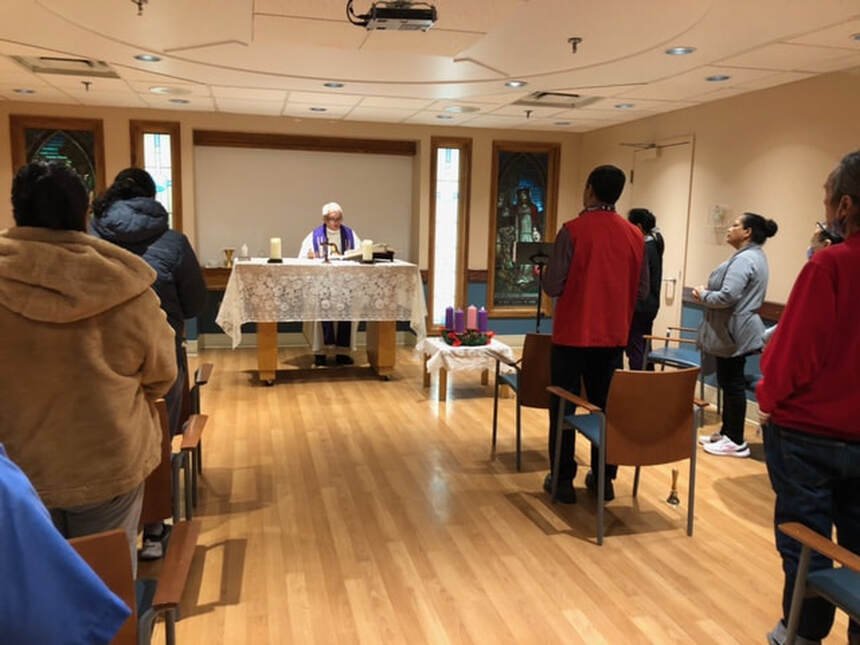
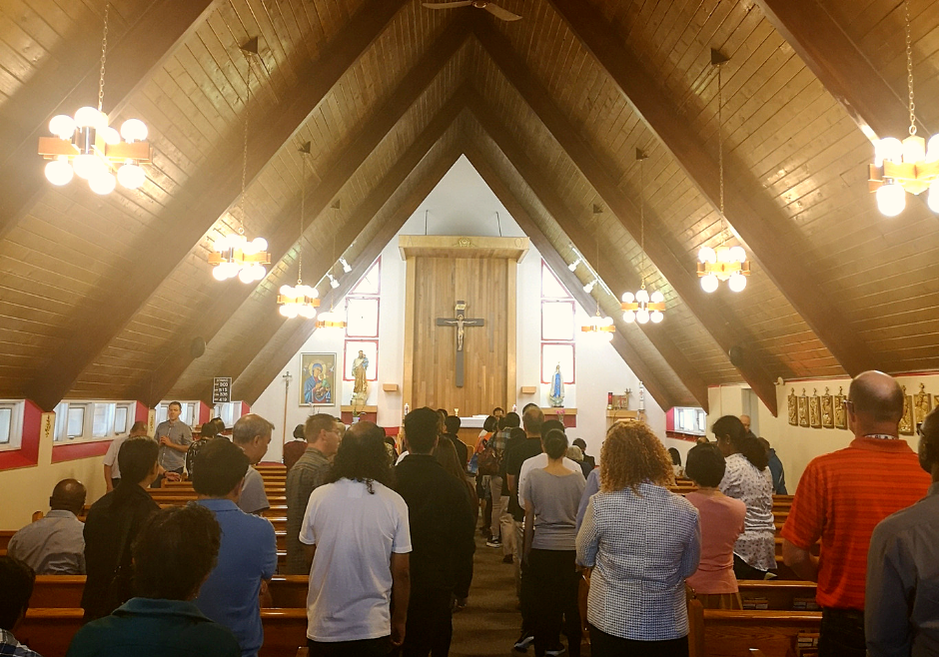
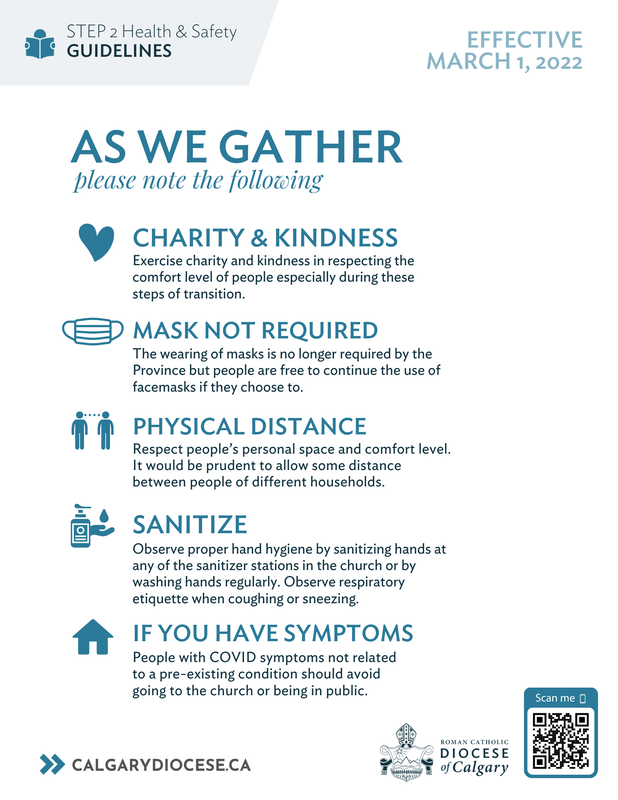
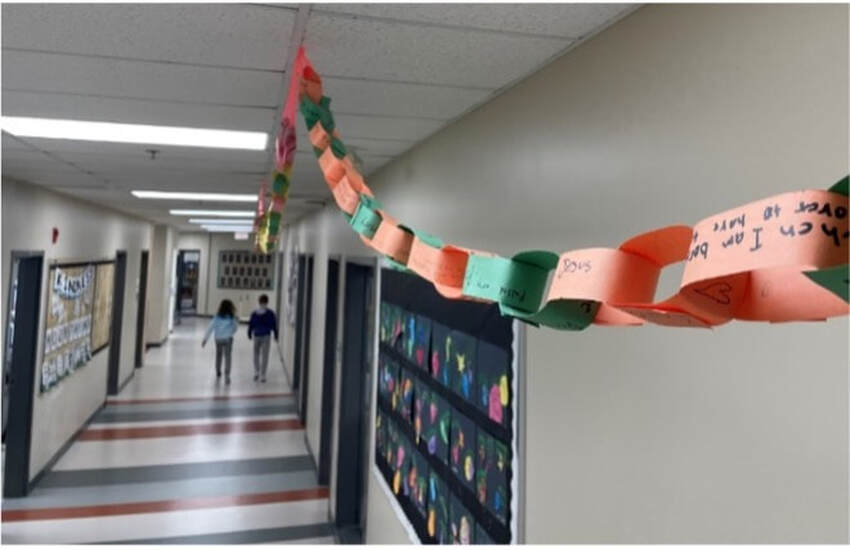
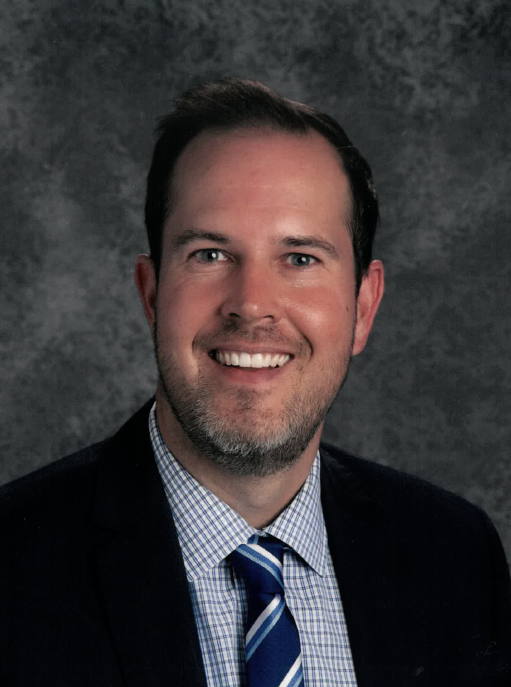

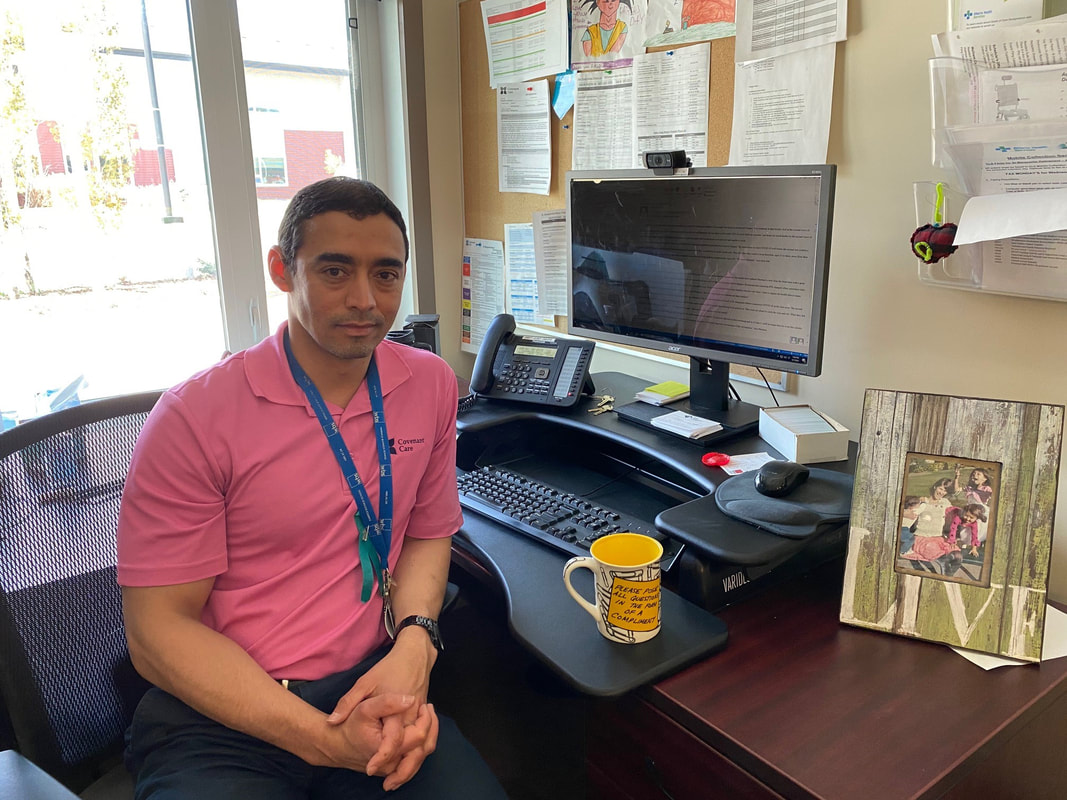
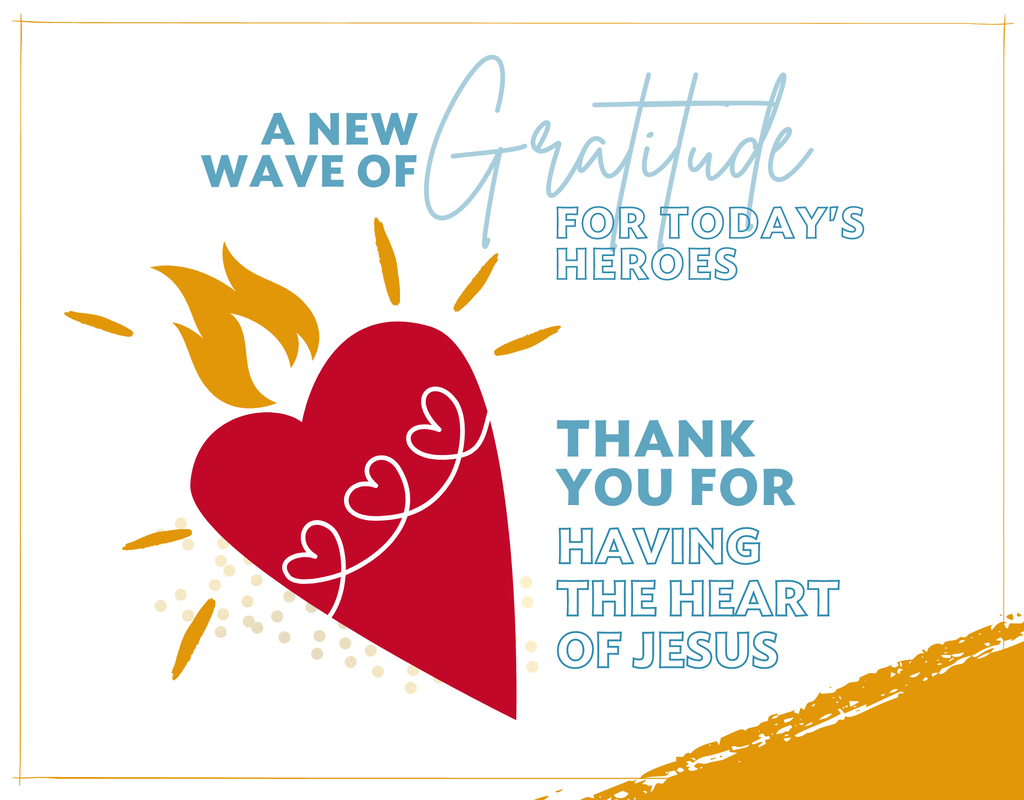
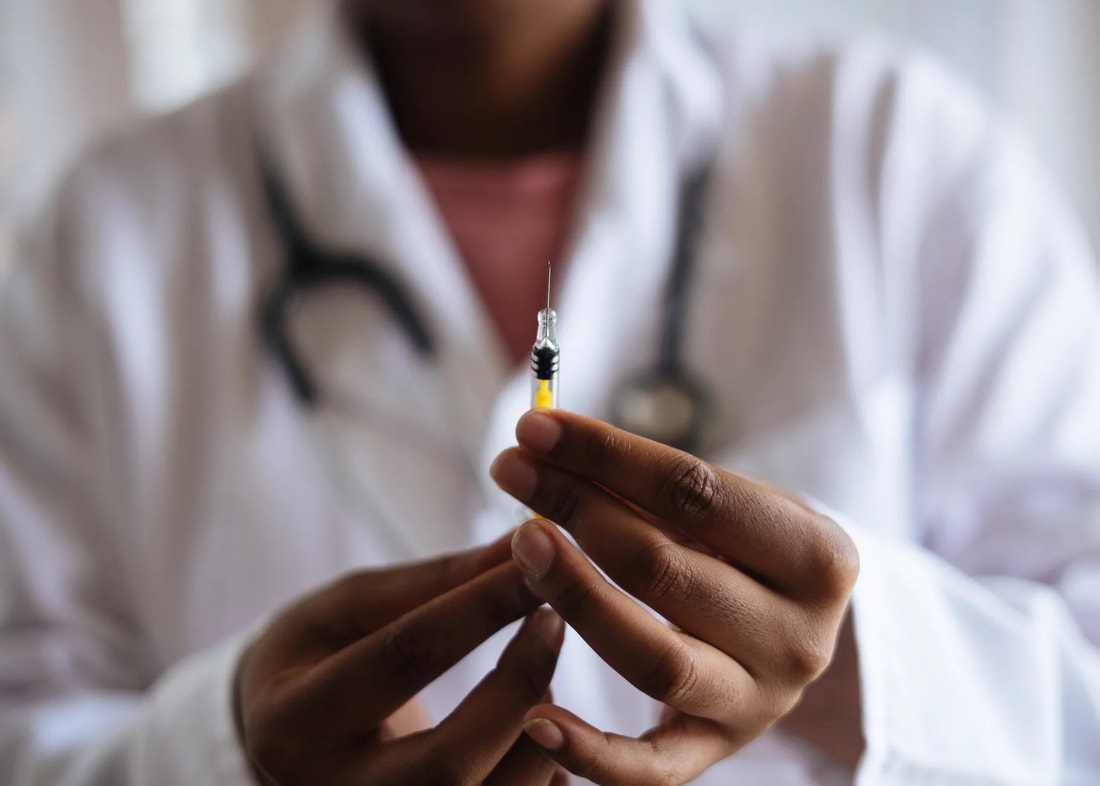
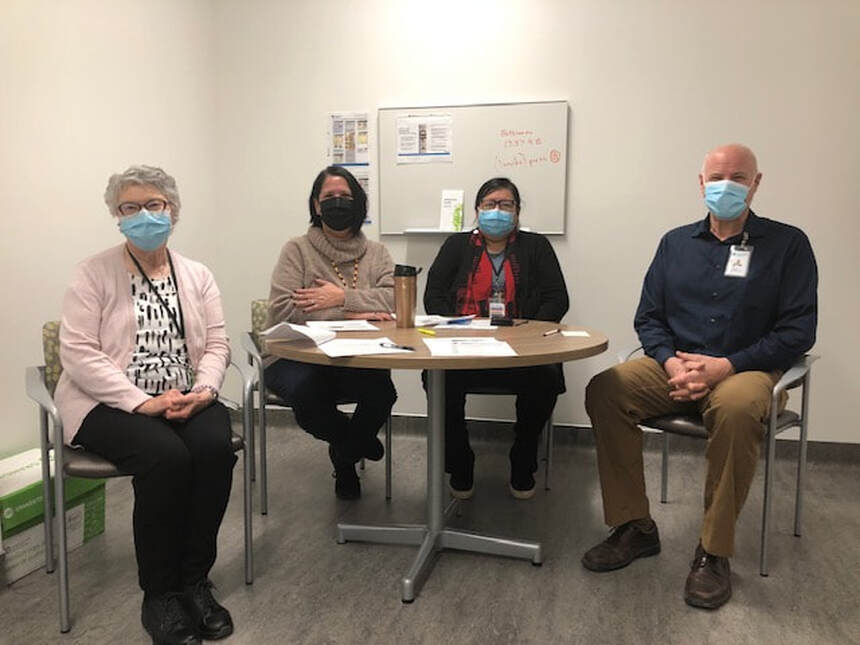
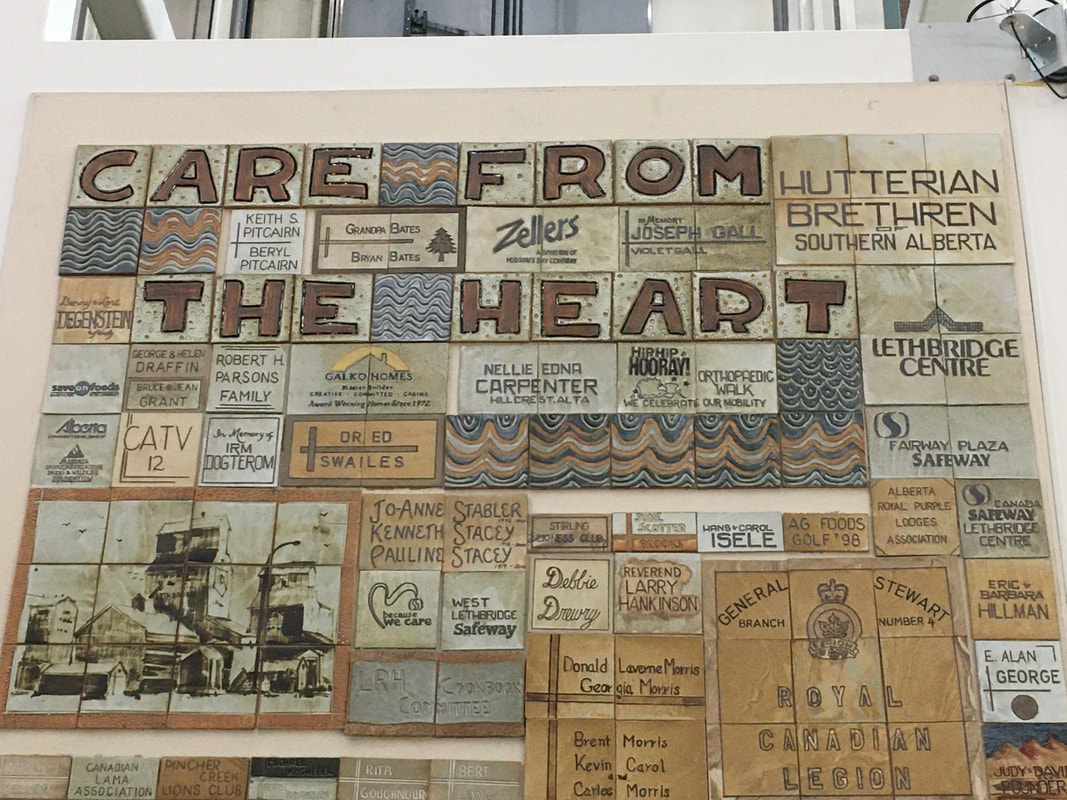
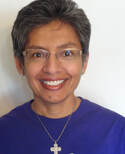
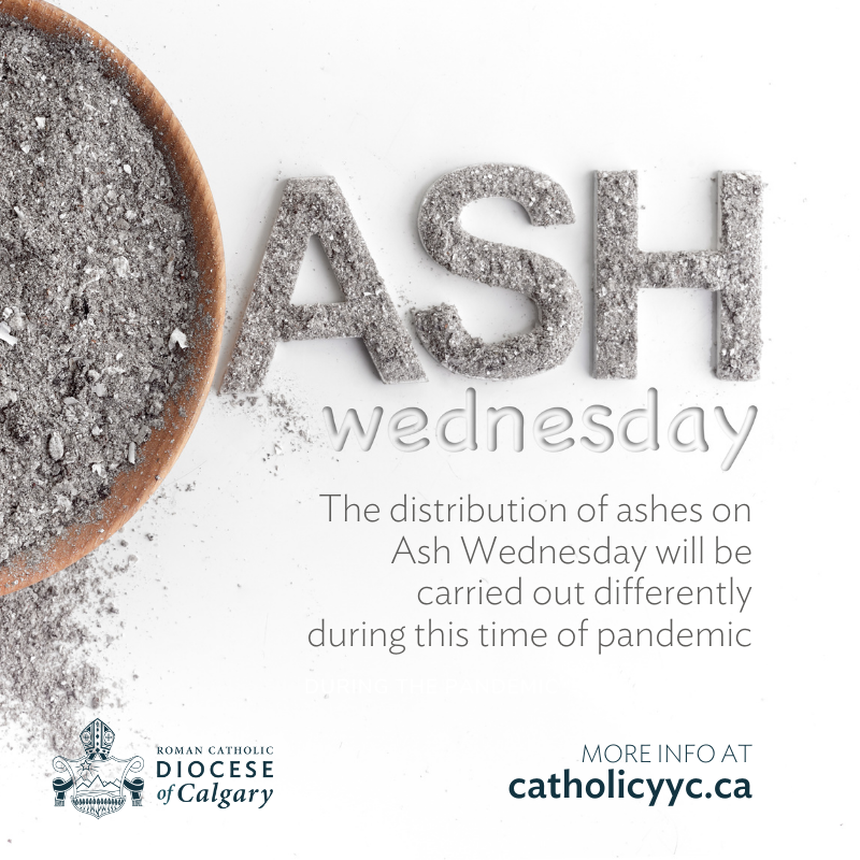



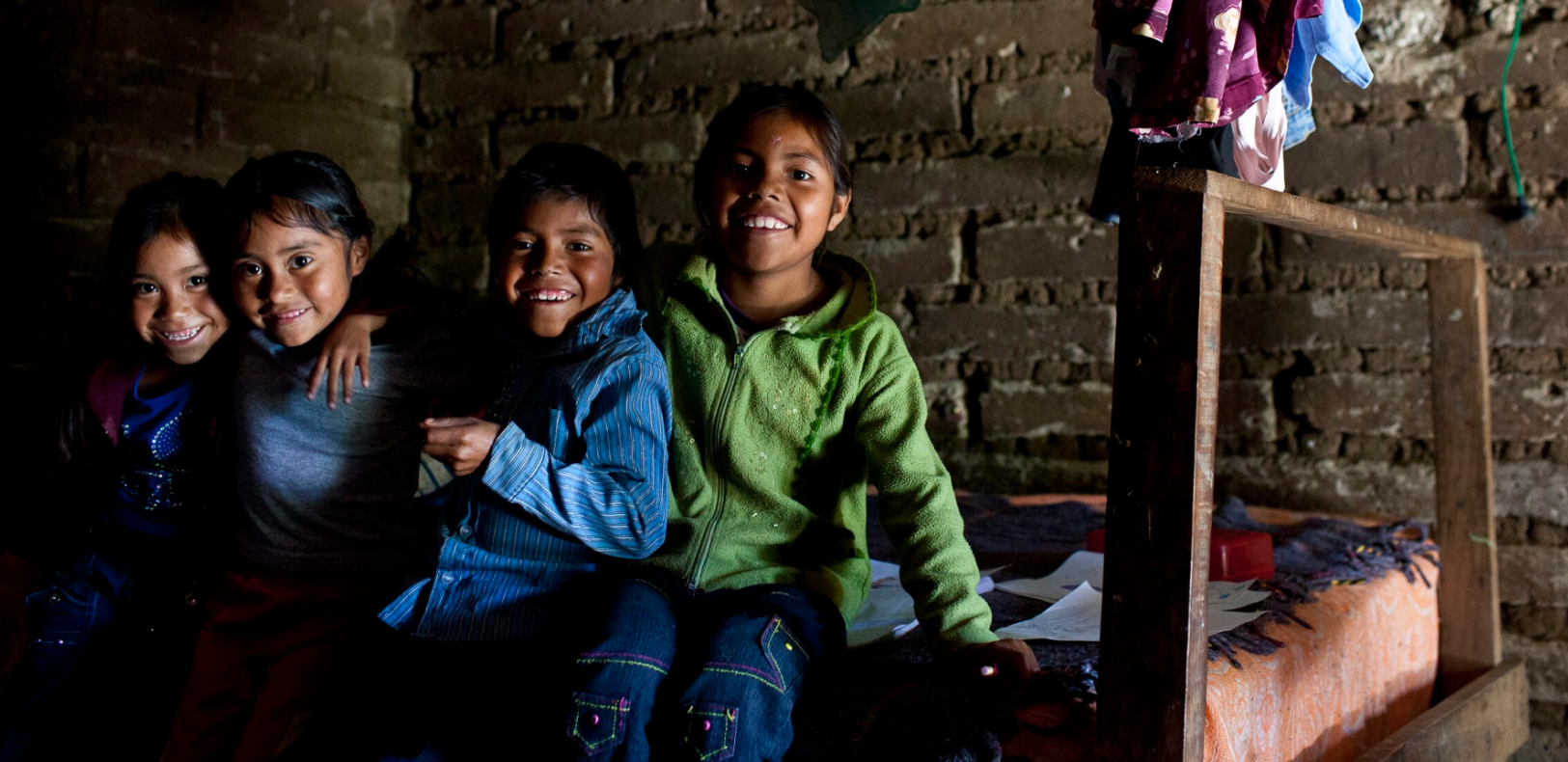
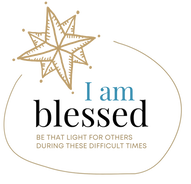
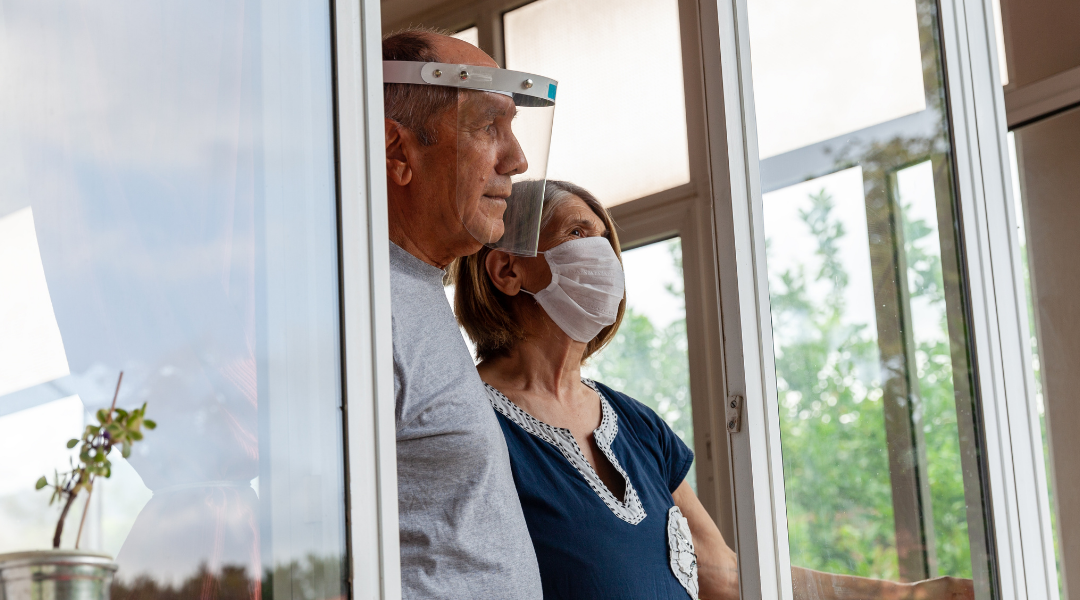
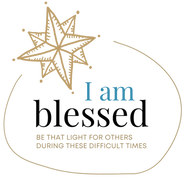
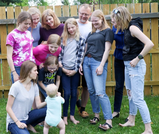
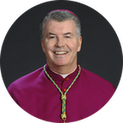
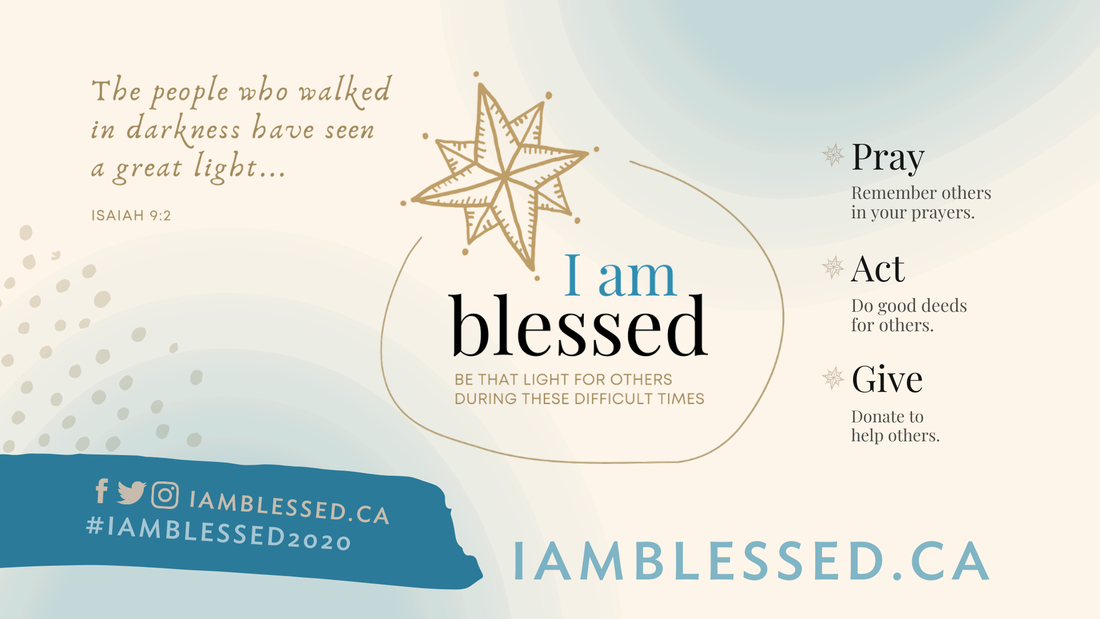
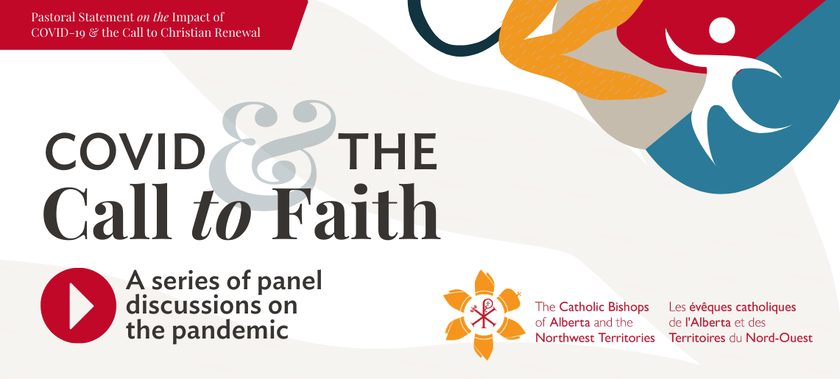
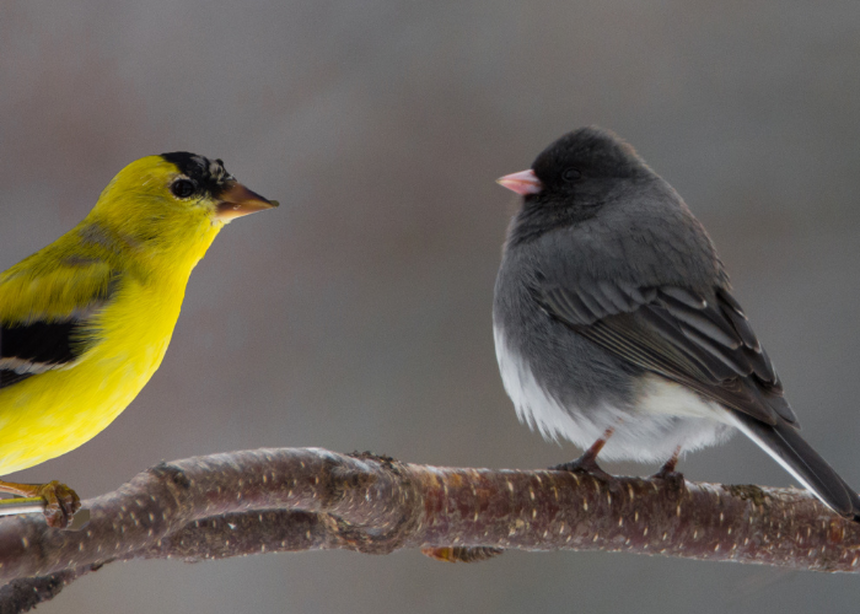
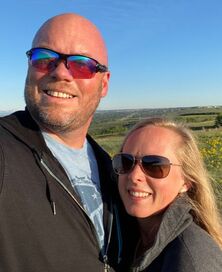

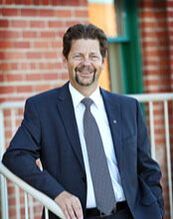
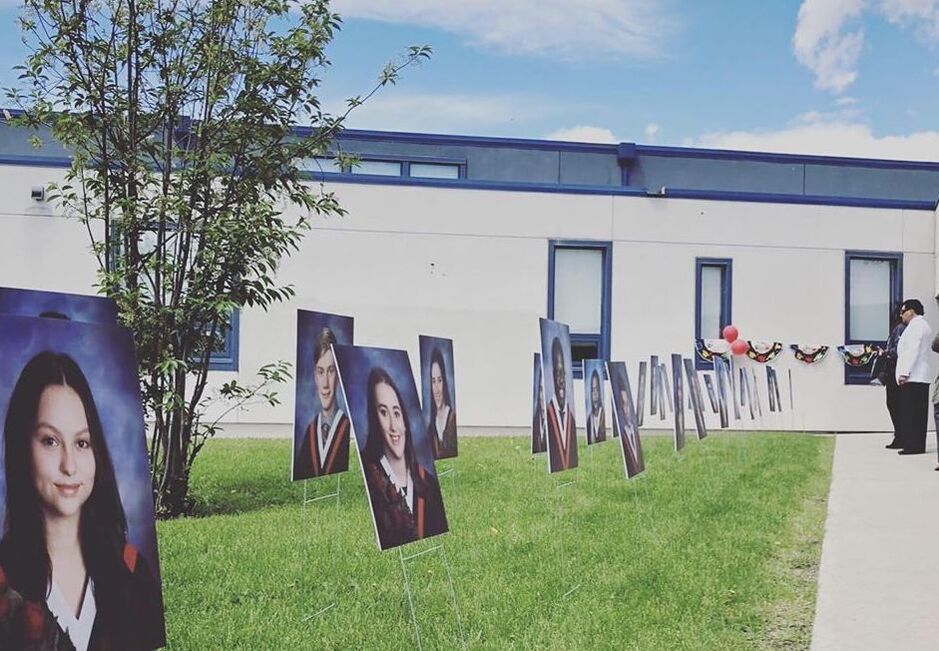
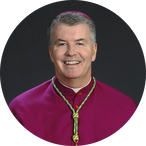

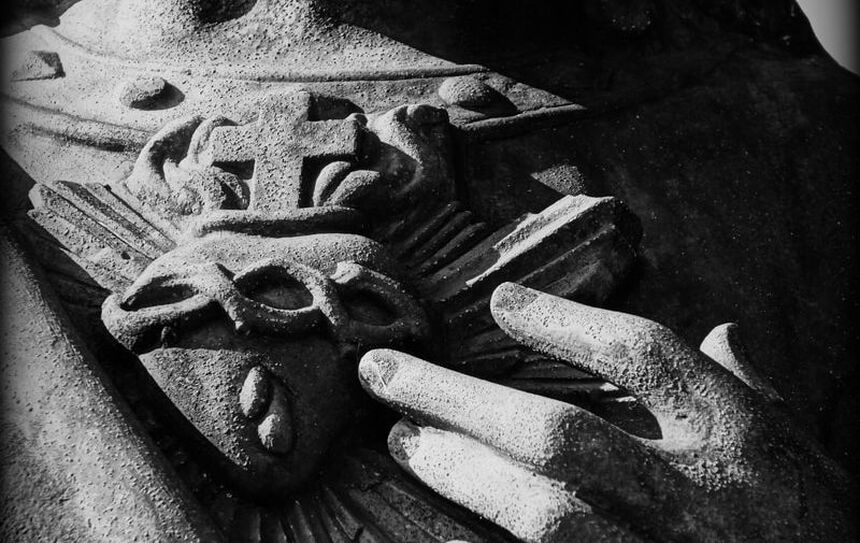
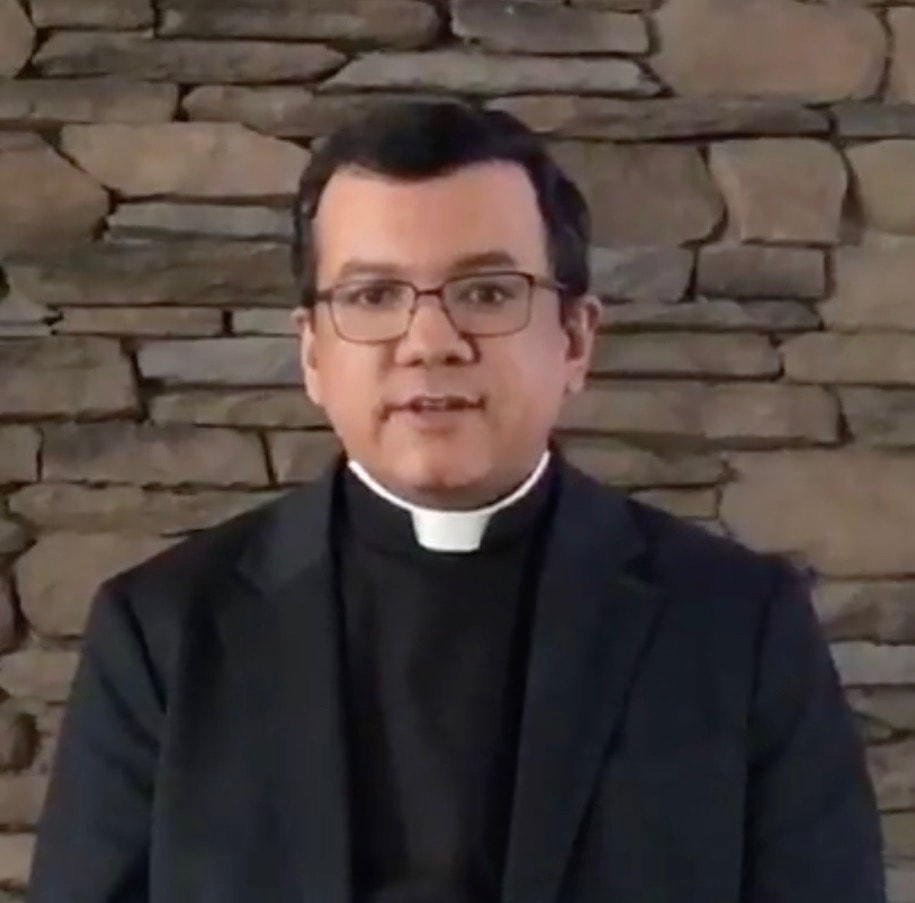
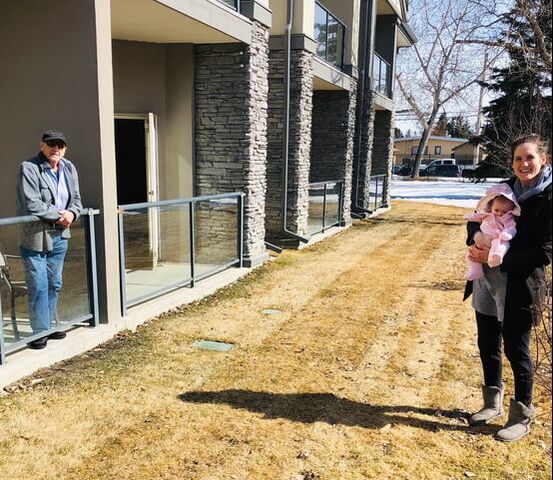
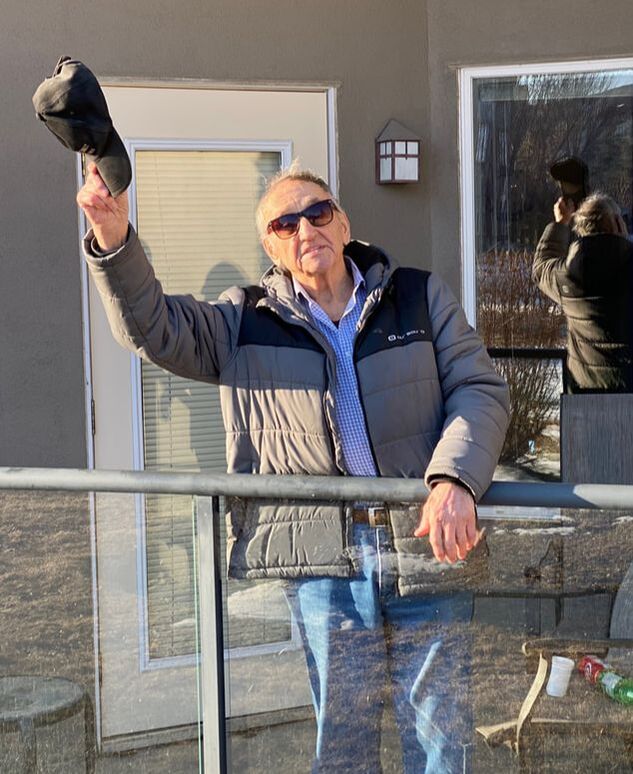
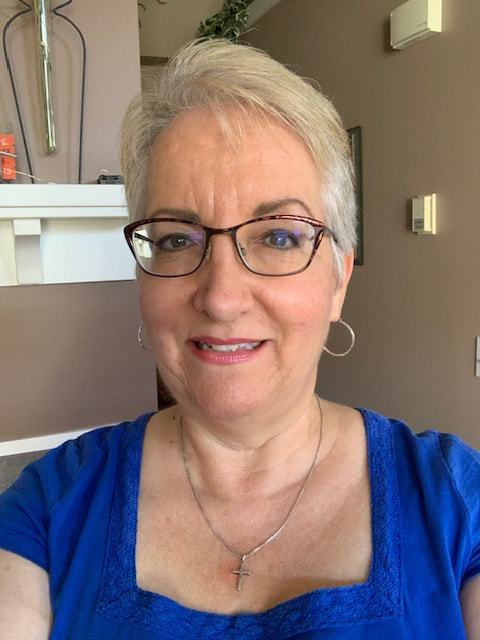
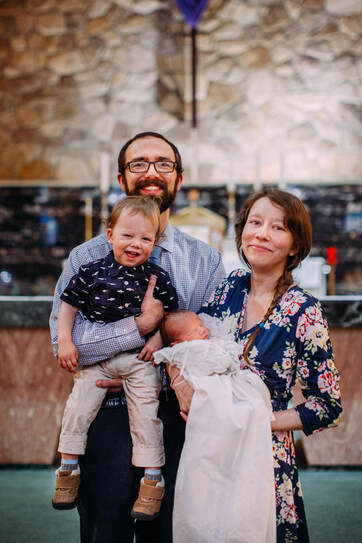
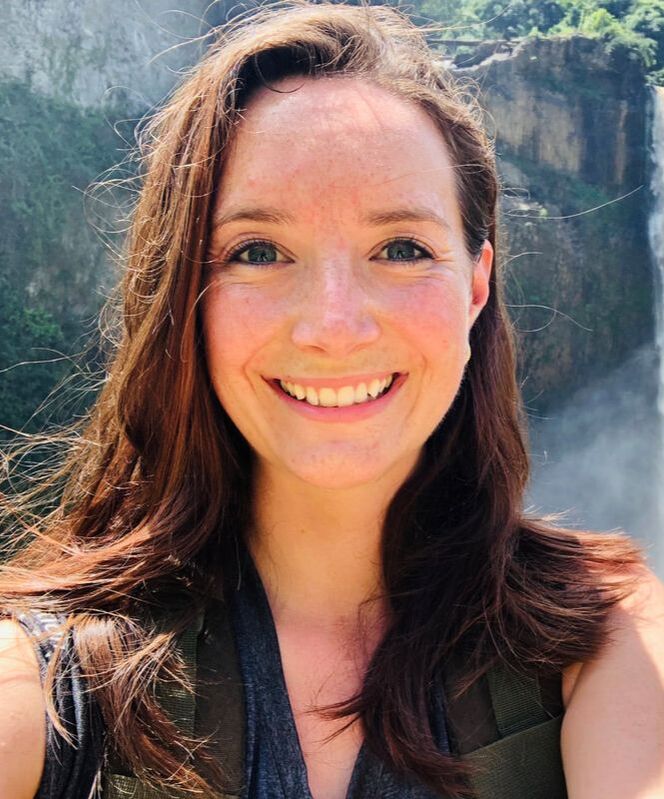
 RSS Feed
RSS Feed